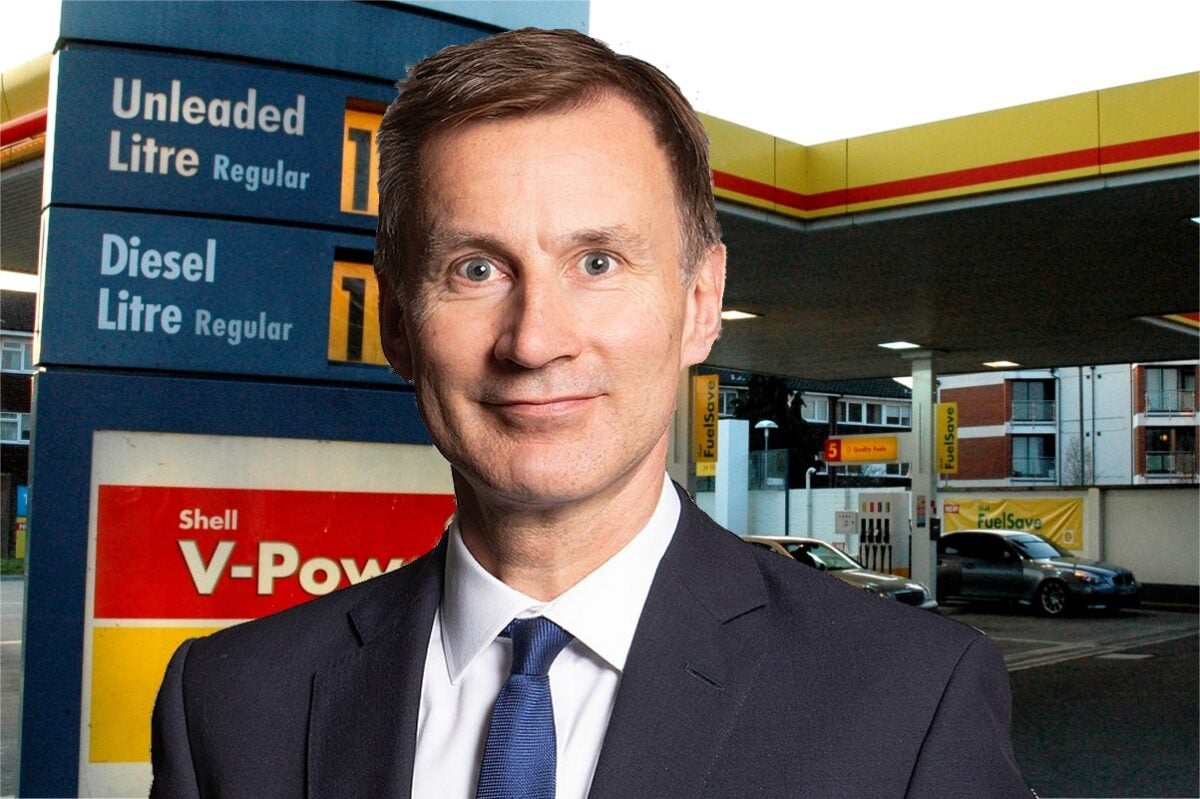Fuel duty freeze, cash for potholes – but no EV charging VAT cut in Hunt’s ‘boring budget’

A freeze on fuel duty and more funds for local councils to fix potholes are the major motoring headlines for motorists in Chancellor Jeremy Hunt’s budget.
But the SMMT, the motor industry’s leading trade body, is unhappy that not enough is being done to encourage the uptake of electric cars, especially the issue of VAT on charge points.
Nevertheless, the cautious statement came as something of a relief after his predecessor Kwasi Kwarteng’s “KamiKwasi” budget, which caused an economic crash and ended Liz Truss’s short-lived tenure as Prime Minister.
Fuel duty frozen
Hunt’s decision to extend for 12 months the 5p cut in fuel duty, which was due to end next week, has been welcomed by motoring bodies, along with a further 12-month freeze in fuel duty. Without these two measures, petrol and diesel pump prices would rise by 11p per litre.
The chancellor said “now is not the right time” to increase fuel duty – earlier reports had suggested that Treasury officials had been pushing for an increase in fuel duty, which has been frozen since 2011.
The RAC welcomed the extension of the cut, which would keep duty frozen at 52.95p per litre, saying the decision would support drivers and fight inflation. “The cut has given drivers some much-needed relief in what has been the most torrid year ever at the pumps, with price records being broken even after duty was cut,” said Nicholas Lyes, the RAC’s head of roads policy.
“Given the importance of driving for consumers and businesses, duty should be kept low to help fight inflation,” he said.
The AA also said the move would help combat inflation. Jack Cousens, the AA’s head of roads policy, said: “We are pleased the Chancellor has listened to the AA and frozen fuel duty. Not only will this save drivers ‘heavy-duty’ pain at the pump, but will help keep the price of goods and services down as they are mainly transported by road. Crippling road fuel costs are also a major driver of inflation.”
Pothole funding upped
The chancellor also announced a £200 million boost for pothole repairs in 2024-25. It increases the total fund to fix potholes up to £700m.
The RAC said the funding for potholes was necessary, but inadequate. “While welcome, another £200m is unlikely to make a big difference to the overall quality of our dilapidated local roads,” said Nicholas Lyes.
“We need to significantly increase funding for local road maintenance and improvement so councils can resurface roads properly rather than patching them up and hoping for the best. Last year the Government spent £1.125bn on local roads in England which is in stark contrast to the £7bn that went into major roads from car tax, despite local roads covering so many more miles.”
No VAT cut on EV charging
SMMT chief executive Mike Hawes welcomed measures in the budget to attract investment in UK industry, but said the UK was lagging behind the rest of Europe in terms of Green investment in areas such as EV batteries.
He said: “There is little that enables the UK to compete with the massive packages of support to power a green transition that are available elsewhere. Indeed, the announced fuel duty freeze contrasts with an absence of measures to boost uptake of zero emission vehicles, such as reducing VAT on public charging. We look forward to additional policy announcements that support advanced manufacturing sectors, as the right conditions will enable the investment that drives growth across the country.”
12 new enterprise zones
He welcomed the proposed tax breaks for capital expenditure and extensions to climate change agreements, as well as the announcement of 12 new enterprise zones. “Investment zones which focus on advanced manufacturing, of which automotive is an example, R&D and technology are also positive steps.”
The 12 new Enterprise Zones could create new Docklands-style developments across the UK, according to the Chancellor. They will be introduced in the West Midlands, Greater Manchester, the North-east, South Yorkshire, West Yorkshire, East Midlands, Teesside and Liverpool, as well as Scotland, Wales and Northern Ireland. Each will be funded by £80m over the next five years. The Enterprise Zones are expected to gain tax relief and business rates help, and bring together regional governments and local universities to boost R&D projects.
Full Expensing for SMEs
There was some bright news for small companies, which will allow companies investing in IT equipment, plant and machinery to deduct the cost from its profits. This could encourage investment in EV infrastructure or computer systems.
David Jinks, head of consumer research at transport consultancy ParcelHero, said: “Under Hunt’s ‘Full Expensing’ plans, every pound a company spends on new IT equipment and new plant and machinery can immediately be deducted in full from taxable profits. Smaller businesses will also have an increased Annual Investment Allowance of up to £1m, meaning 99% of SME companies will be able to deduct the full value of all their investment from taxable profits.”


